What is the focus of this GGA Programme?
Articles from this programme
Citizens tired of being played for a fool
There’s an old saying in Tennessee — I know it’s in Texas, probably in Tennessee — that says, "fool me once, shame on — shame on you. Fool me — you can’t get fooled again.” We have former United...
Governance implications of the Malawi election June 2020 rerun
Late on Saturday 27 June, 2020, the Malawi Electoral Commission (MEC) Chairperson, Justice Chifundo Kachale, formally announced the election results. Dr Lazarus Chakwera of the Malawi Congress Party...
READ BETWEEN THE LINES
Sign-up to our newsletter to get the inside track on Africa
Governance Delivery and Impact
Our GDI team performs the primary research role of monitoring and evaluating governance performance across the continent. We view governance through the simple lens of who gets what, when and how. In other words, governance is about the allocation of public resources. Good governance is the effective, efficient, broad-based distribution of those resources in a manner that grows economies to the benefit of all citizens.
To achieve good governance, it is our firmly held belief – informed by the evidence – that the basic building blocks must be in place:
- Governance must be transparent and accountable to citizens
- Rule of law must be adhered to
- Corruption must be rooted out in all spheres (in the private and public sectors)
- Media freedom must be upheld, respected, and reinforced at every opportunity
We therefore produce research that assesses whether these institutional building blocks are in place or at least being built. Where these are lacking, we produce policy briefings that inform government policymaking to strengthen key institutions to achieve the above four objectives. We similarly produce intelligence reports – driven by the ADD and procured by the GIA team – that indicate to the private sector how firms can become development partners to the end of achieving good governance.
The GDI team also evaluates service delivery quality. Effective delivery is ultimately a function of basic institutional building blocks being in place. Nonetheless, we focus on how well governments are doing in terms of providing access to electricity, water, sanitation and health for citizens. We similarly focus on education, evaluating what types of intervention are successful and which are not. Decent healthcare and education remain pivotal to development.





